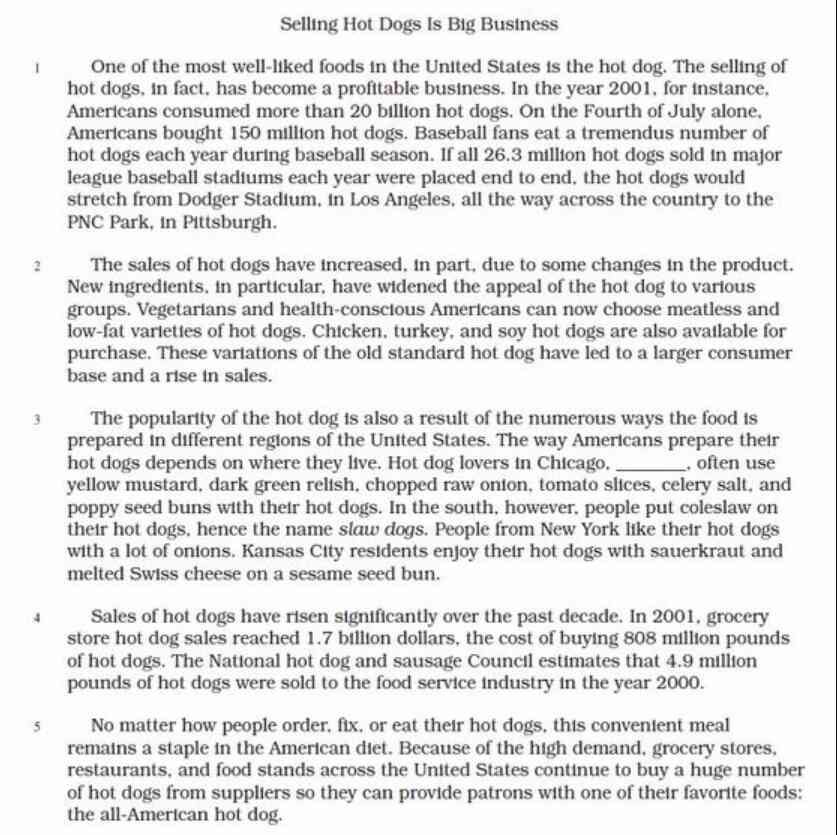The 1st issue to know is what the function of a DNS server is on the community wherever it resides. A DNS server will have just one of the following as its key task:Maintain a compact databases of area names and IP addresses most generally utilized on its possess network, and delegate name resolution for all other names to other DNS servers on the online.
Pair IP addresses with all hosts and sub-domains for which that DNS server has authority. DNS servers that complete the initial activity are usually managed by your online service service provider (ISP). As talked about before, the ISP’s DNS server is component of the network configuration you get from DHCP as shortly as you go on the web.
These servers reside in your ISP’s information facilities, and they deal with requests as follows:If it has the domain title and IP tackle in its databases, it resolves the name by itself. If it does not have the area title and IP tackle in its databases, it contacts a different DNS server on the net. It may perhaps have to do this various instances. If my ip it has to make contact with a further DNS server, it caches the lookup benefits for a confined time so it can rapidly solve subsequent requests to the exact domain identify.
So what is Ip of my router
If it has no luck locating the area identify right after a sensible lookup, it returns an mistake indicating that the name is invalid or will not exist. The second category of DNS servers stated over is generally related with web, mail and other world wide web area hosting solutions. Though some hardcore IT gurus established up and regulate their personal DNS servers, web hosting solutions have designed DNS administration much a lot easier for the a lot less complex audience.
What the heck is my IPv4 manage
A DNS server that manages a unique area is referred to as the commence of authority ( SOA ) for that area. Over time, the final results from seeking up hosts at the SOA will propagate to other DNS servers, which in switch propagate to other DNS servers, and so on across the world-wide-web. This propagation is a final result of just about every DNS server caching the lookup result for a restricted time, identified as its Time To Are living (TTL), ranging from a several minutes to a number of times. Individuals taking care of a DNS server can configure its TTL, so TTL values will change across the Net. So, every single time you appear up “www. howstuffworks. com,” it can be probable that the DNS server for your ISP will find the lookup benefits “70. 42. 251. 42” in its possess cache if you or a person else working with that server appeared for it ahead of within just the server’s TTL. This good world-wide-web of DNS servers incorporates the root title servers , which start off at the major of the domain hierarchy for a given top-degree domain.
There are hundreds of root name servers to choose from for each top rated-amount domain. Nevertheless DNS lookups never have to get started at a root identify server, they can get hold of a root title server as a previous resort to support observe down the SOA for a domain. Now that you know how DNS servers are interconnected to improve the identify resolution approach, let us appear at how you can configure a DNS server to be the authority for your area. When you want to build a new domain title, you require to do the subsequent:Use the Whois database to find a special domain title that just isn’t nonetheless registered.






